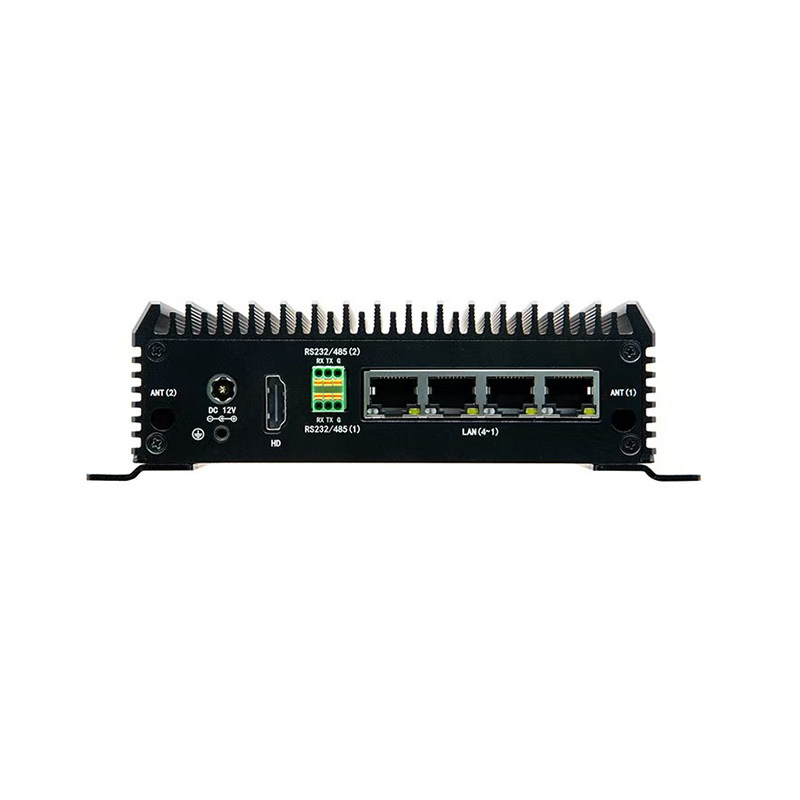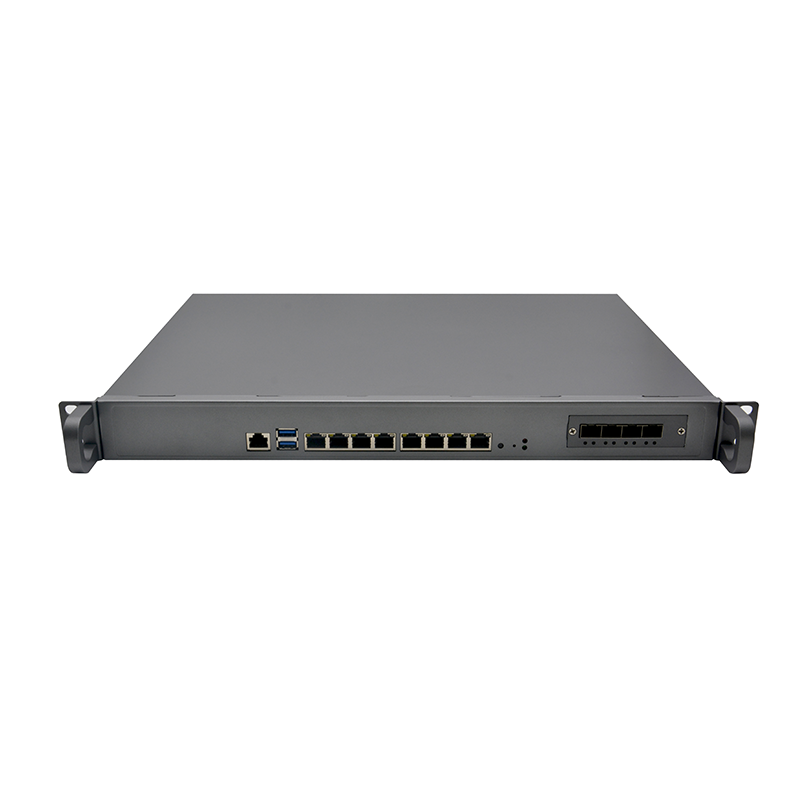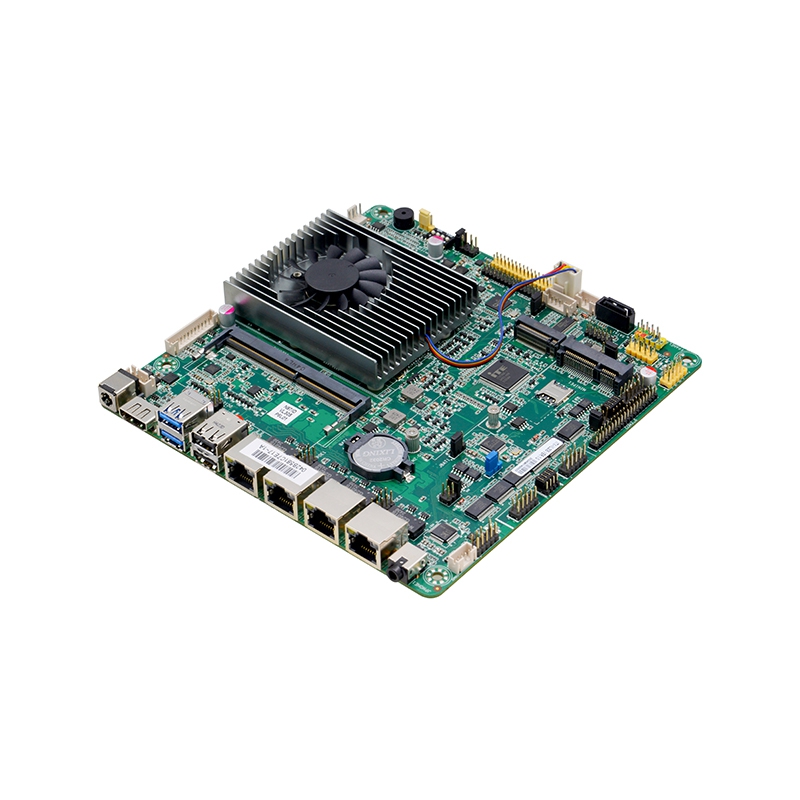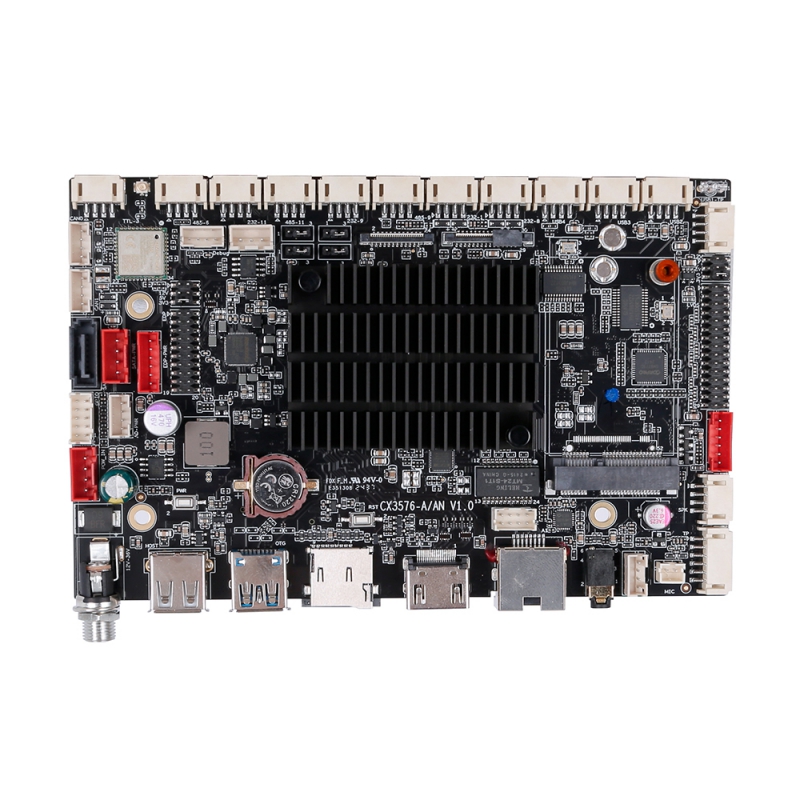In the smart retail market, where the scale has exceeded 200 billion yuan, Android Industrial Panel PCs are reshaping the operational logic and consumer experience of unmanned retail as an "invisible core". Ranging from 24-hour smart vending machines to community intelligent storage lockers, this device, which integrates industrial-grade stability and the flexibility of the Android ecosystem, has become a key link connecting products, users, and data.

1. Operation Core: Reconstructing Interactive Smoothness
The core competitiveness of unmanned retail starts with user experience, and the performance advantages of Android Industrial Panel PCs stand out here. Equipped with high-performance processors such as Rockchip RK3399, these devices can complete commands like QR code verification and face recognition in 0.3 seconds, completely solving the problem of lag in traditional terminals during peak hours. They support 10-point touch and glove operation modes, which further enable accurate and efficient interaction in special scenarios such as medical vending machines and cold-chain terminals—even patients wearing medical gloves can smoothly complete the medicine purchase process.
2. Environmental Adaptation: Breaking Deployment Boundaries
The diverse scenarios of unmanned retail terminals place strict requirements on devices, and the environmental adaptability of Android Industrial Panel PCs becomes a key advantage. With industrial-grade designs such as IP65 dust and water resistance and wide-temperature operation from -10℃ to 60℃, the devices can be deployed not only in intelligent storage lockers at hospital entrances but also in self-service vending machines at outdoor night markets. Their thin and light bodies support multiple installation methods, including horizontal/vertical screen placement, embedding, and wall-mounting, making them more flexible in space-constrained scenarios such as airport lounges and community courier stations.
3. Networking Hub: Enabling Remote Intelligent Management
The multi-mode networking capability of Android Industrial Panel PCs has reconstructed the management mode of unmanned retail. These devices can support simultaneous switching between WiFi, 4G, and wired networks—using 4G to ensure stable signals at courier stations and WiFi to achieve system integration in corporate parks. Through the M2M cloud platform, operators can monitor inventory data in real time, remotely adjust prices, and even accurately locate faulty terminals. This has increased the number of terminals that a single person can manage by more than 3 times and reduced operation and maintenance costs by 40%.
4. Ecosystem Extension: Creating Value-Added Space
The open Android ecosystem has transformed the device from a transaction tool into a commercial carrier. In smart parks in Hangzhou, terminal screens can automatically switch to advertising mode to promote new products. By integrating binocular cameras and temperature-humidity sensors, the devices can not only realize out-of-stock alerts for smart cabinets but also provide fresh-keeping monitoring for fresh products. The modular integration of functions such as face recognition payment and member points inquiry has further turned the device into an O2O (Online-to-Offline) gateway connecting online and offline services.
In summary, from the remote unlocking of intelligent storage lockers to the precision marketing of self-service vending machines, Android Industrial Panel PCs, with their dual advantages of "stable computing power + open ecosystem", are driving unmanned retail to evolve from "unmanned attendance" to "intelligent operation". Driven by both cost reduction and efficiency improvement as well as experience upgrading, Android Industrial Panel PCs will undoubtedly become the core engine of retail intelligence in the future.



















 Teamas
Teamas